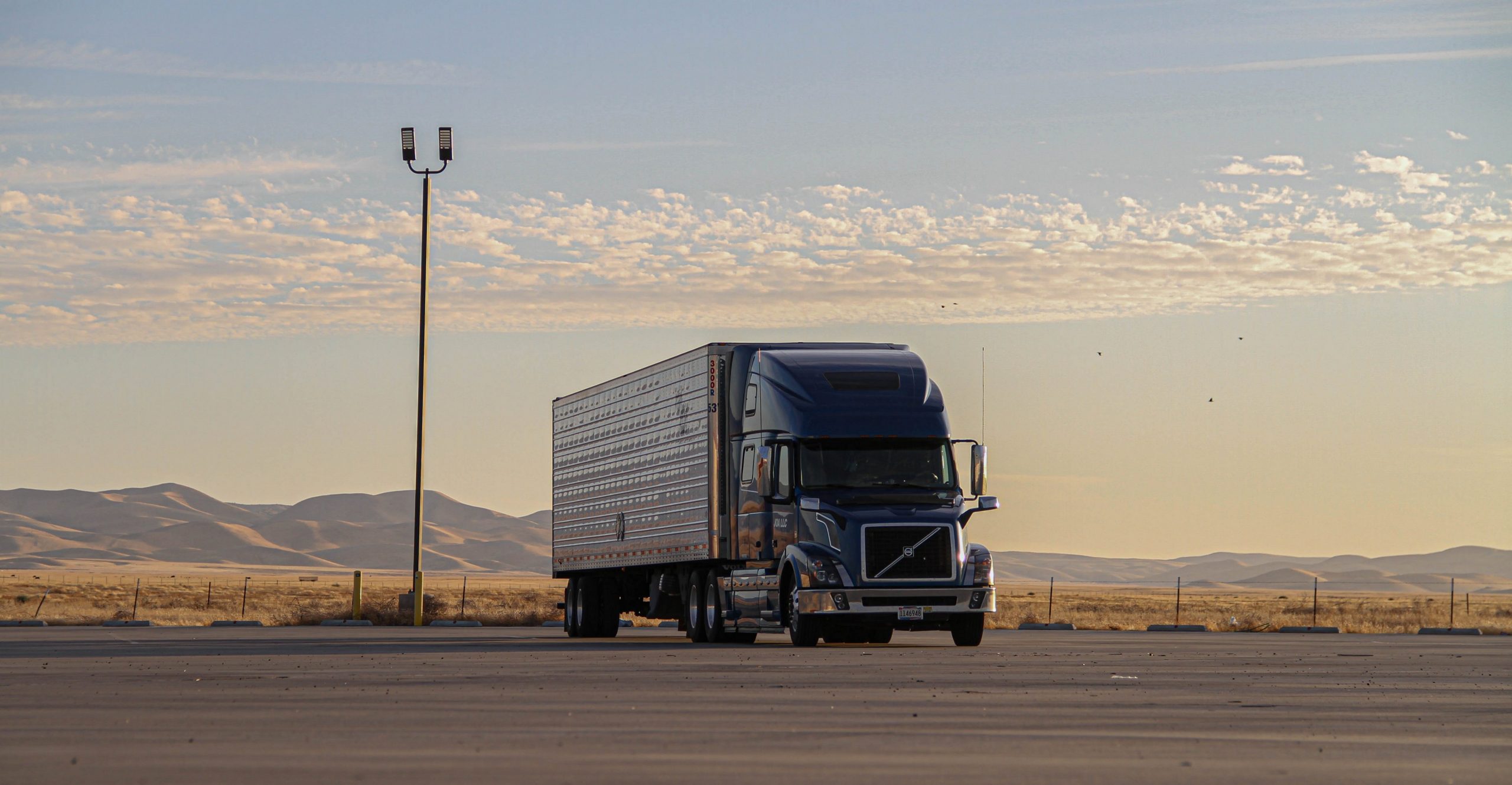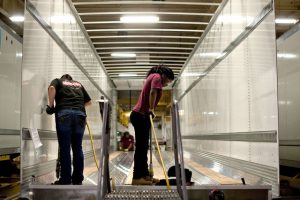Trailer makers face 8-month backlog as U.S. trailer industry backlog grew 3% in Dec but ended the year 9% below

The U.S. trailer industry backlog grew 3% sequentially in December but ended the year 9% below the previous year.
The U.S. trailer industry backlog grew 3% sequentially in December, according to ACT Research’s quarterly report on trailer components, but ended the year 9% below the previous year.
The U.S. New Trailer Components and Materials Forecast from ACT Research aims to provide those in the trailer production supply chain, as well as those who invest in said suppliers and commodities, with forecast quantities of components and raw materials required to support the trailer forecast for the coming five years.
“Overall, last year closed with the U.S. trailer industry facing a backlog-to-build ratio of eight months,” said Frank Maly, director of commercial vehicle transportation analysis and research at ACT Research. “December was the second consecutive sequential gain. After remaining well over 10 months earlier in the year, backlog-to-build averaged eight months from May through December, an indication of manufacturers’ efforts to closely balance their order boards and their potential production levels.”

“The dry van category closed 2021 with an 8.7-month backlog-to-build, while reefers, normally the category with the industry’s longest backlog, ended 2021 at 8.3 months,” Frank Maly said.
The report includes near-term quarterly predictions for two years, ACT said, while the latter three years of the forecast are shown in annual details. The analysis is segmented into two categories: the structural composition of new trailers and the production of undercarriage assembly.
Enjoying our insights?
Subscribe to our newsletter to keep up with the latest industry trends and developments.
Stay Informed“The dry van category closed 2021 with an 8.7-month backlog-to-build, while reefers, normally the category with the industry’s longest backlog, ended 2021 at 8.3 months,” Maly said. “Surprisingly, the long horizons occurred in the vocational categories, with heavy low-beds currently stretching into the second quarter of 2023 at current production rates.
“The industry remains challenged by component and materials issues as well as staffing, although our projections do call for a gradual increase in production rates as the year progresses,’’ Maly said. “That said, manufacturers’’ efforts to ramp volume continue to come short of their preferences.”
According to Maly, supply chain issues will continue to slow production increases.
“Frequently mentioned in supply constraint discussions are castings, forgings, wiring, lights, suspensions, axles, wood, and tires,” Maly said.
“Frequently mentioned in supply constraint discussions are castings, forgings, wiring, lights, suspensions, axles, wood, and tires,” Maly said. “As one contact noted, the challenges are widespread and varied: ‘It’s something different every day.’”
ACT Research also reported that trailer orders for the new year started on “a softer note,” as preliminary reports show net orders came in close to the December order pace. The volume of 26,100 net orders was just shy of December’s 26,400 level. The first month of the year was also 17 percent below last January’s activity.





















